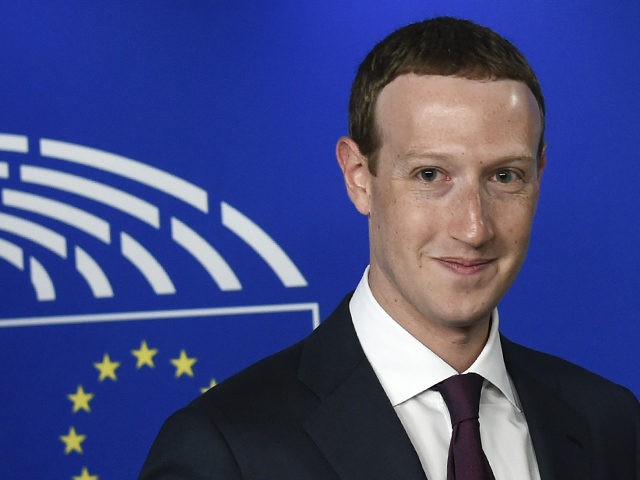Europe’s top court ruled this week that Facebook can be ordered by police to remove content illegal in Europe from its worldwide platform.
Reuters reports that the Luxembourg-based Court of Justice of the European Union (CJEU) made a landmark ruling recently which states that Facebook can be ordered by police to remove content illegal in the E.U. from its platform worldwide. The judgment comes one week after the same court ruled that Google does not have to apply its “right to be forgotten” law globally, receiving praise from free-speech advocates for the decision.
The Court said in a statement: “EU law does not preclude a host provider like Facebook from being ordered to remove identical and, in certain circumstances, equivalent comments previously declared to be illegal. In addition, EU law does not preclude such an injunction from producing effects worldwide, within the framework of the relevant international law.”
Facebook stated that it was not the role of social media firms to determine what content posted to its platform may be illegal in certain countries. The firm said in a statement:
It undermines the long-standing principle that one country does not have the right to impose its laws on speech on another country. It also opens the door to obligations being imposed on internet companies to proactively monitor content and then interpret if it is ‘equivalent’ to content that has been found to be illegal.
In order to get this right national courts will have to set out very clear definitions on what ‘identical’ and ‘equivalent’ means in practice. We hope the courts take a proportionate and measured approach, to avoid having a chilling effect on freedom of expression.
The U.K. rights group Article 19 backed up Facebook’s statement, claiming that the ruling could lead to social media platforms using automated filters to deleted content. Executive Director of Article 19, Thomas Hughes, said in a statement: “This would set a dangerous precedent where the courts of one country can control what internet users in another country can see. This could be open to abuse, particularly by regimes with weak human rights records.”
The court clarified that the ruling is limited to court orders and does not apply to wider complaints from users alleging that certain content is illegal.
Lucas Nolan is a reporter for Breitbart News covering issues of free speech and online censorship. Follow him on Twitter @LucasNolan or email him at lnolan@breitbart.com

COMMENTS
Please let us know if you're having issues with commenting.